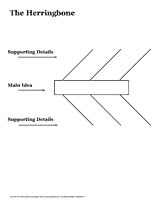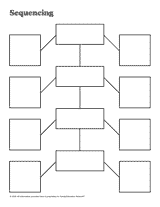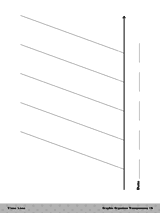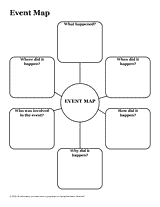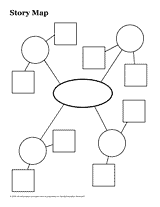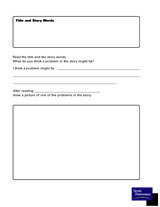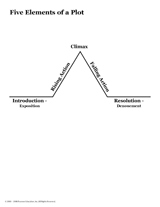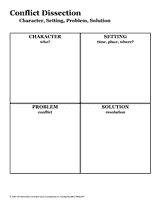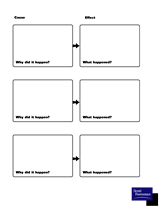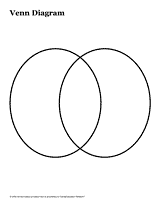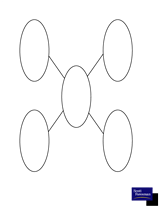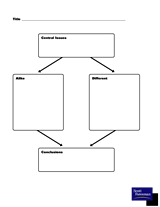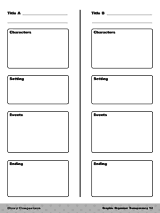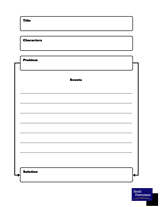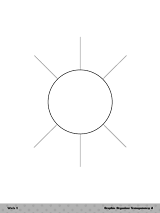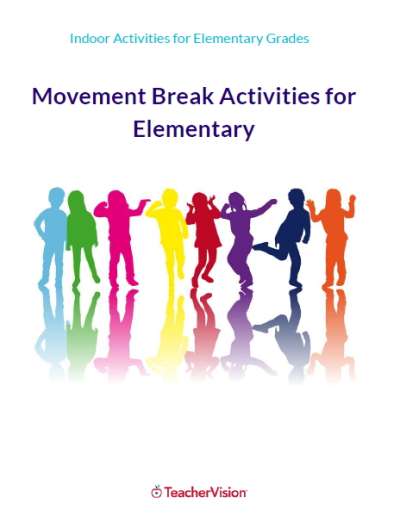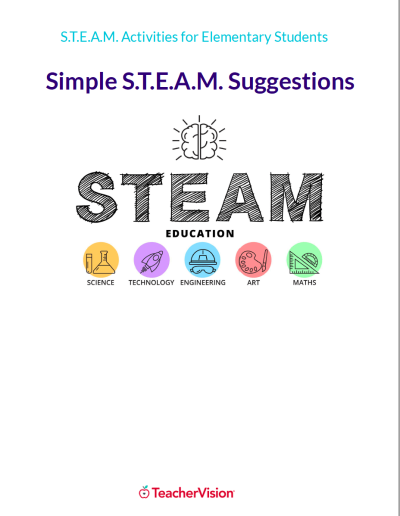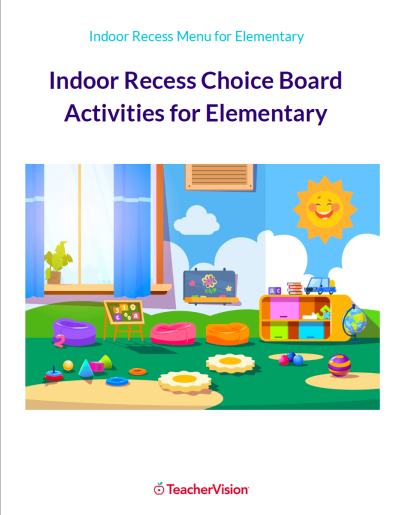Graphic organizers help your students to better understand what they read. Distribute our Top 20 Literature Graphic Organizers in this gallery, then browse our entire collection of to find ones that meet your class's needs.
Holidays:
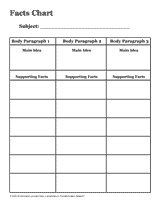
Three Paragraph Main Idea and Details Chart
This graphic organizer will help your students identify the main idea and supporting facts in three paragraphs. It's excellent for analyzing a five-paragraph essay. This printable is customizable. Tailor the PDF to your teaching needs by typing in the highlighted fields before printing.
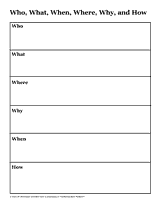
Who, What, When, Where, Why, and How
Use this graphic organizer to help students write in a journalistic fashion. This printable is customizable. Tailor the PDF to your teaching needs by typing in the highlighted fields before printing. This graphic organizer can be used for creative writing activities, in-class or take-home journals, to gather information as part of a reading comprehension exercise, or as a way to collect and display factual information gathered during research.
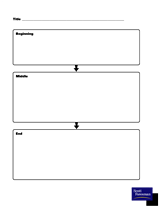
Beginning, Middle, and End
Identify the sections of a story with this plot/story sequence graphic organizer. This printable is customizable. Tailor the PDF to your teaching needs by typing in the highlighted fields before printing.Use this reading graphic organizer with a literacy lesson plan: Sequencing: The Very Hungry Caterpillar.
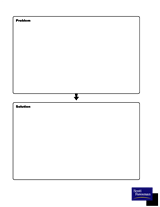
Problem and Solution
Students identify the problem and its solution after reading a passage or story with this graphic organizer. Check for student understanding by using this printable in class or as a homework assignment. This printable is customizable. Tailor the PDF to your teaching needs by typing in the highlighted fields before printing.
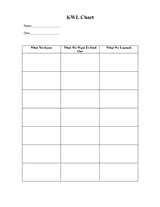
KWL Chart (Version 3)
This simple KWL chart can be used in all curriculum areas and all grade levels. The activity will keep your students organized with new information they learn as well as key aspects of the topic that they want to learn more about.This printable is customizable. Tailor the PDF to your teaching needs by typing in the highlighted fields before printing.
